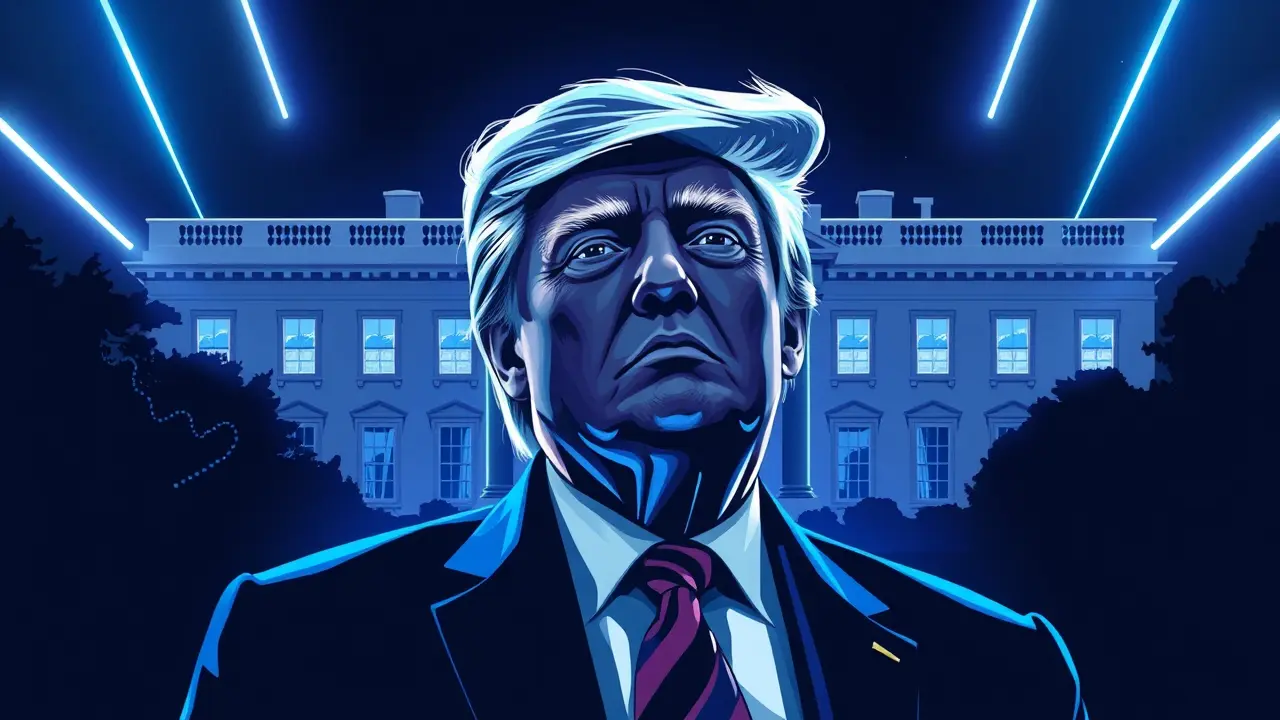Trump to Undergo Physical Before Middle East Trip
In a classic display of political stagecraft, President Donald Trump's sudden 'semi-annual physical' at Walter Reed National Military Medical Centre this Friday is far more than a routine medical check-up—it's the opening gambit of a high-stakes international campaign swing. The White House press shop, led by Karoline Leavitt, is attempting to frame this as a standard yearly appointment, a narrative that immediately collapses under the slightest scrutiny given his comprehensive physical was just completed in April.This isn't about cholesterol levels; it's about projecting an image of indomitable vigor ahead of a critical diplomatic foray into the Middle East, a region teetering on a fragile ceasefire between Israel and Gaza. Think of it as the political equivalent of a fighter jet getting a rapid pre-flight check before a dangerous sortie.The timing is impeccably, almost cynically, calculated. A president embarking on a mission to play peacemaker must be seen as the picture of health and stability, a stark contrast to the chaotic violence he aims to quell.This is the Trump playbook refined from his 2016 campaign trail: always control the optics, even when they contradict the facts. By voluntarily submitting to—and more importantly, publicly announcing—this medical examination, he seizes the news cycle, shifting focus from the complex, thorny details of the ceasefire deal, which his administration had a hand in brokering but which remains perilously thin, to the simpler, more visceral narrative of his personal fortitude.The White House's refusal to elaborate on the discrepancies in the scheduling isn't an oversight; it's a strategic silence, allowing the image of a proactive, health-conscious leader to dominate the headlines without the messy complication of explanations. We've seen this movie before.Past presidents have used similar tactics before major summits or during times of political vulnerability, understanding that perceived physical weakness can be as damaging as a policy failure. For Trump, a man whose brand is built on strength and transactional deal-making, arriving in the Middle East under the fresh halo of a clean bill of health is a powerful piece of leverage.It tells the region's leaders, many of whom respect raw power above all else, that they are dealing with a leader at the peak of his capabilities, ready for the grueling negotiations and public posturing that will follow. The trip itself is a monumental test, an attempt to cement a legacy as a statesman capable of navigating one of the world's most intractable conflicts.The success or failure of this mission will hinge not just on the nuances of the ceasefire terms, but on the perceived authority of the man delivering them. This physical, therefore, is the first battle in that larger war—a meticulously orchestrated piece of political theater designed to build momentum and project an aura of unassailable strength before Air Force One even touches down in Tel Aviv or Riyadh. The real diagnosis won't come from Walter Reed's doctors, but from the reaction of allies and adversaries in the Middle East who are watching every move, calculating whether this show of force translates into real, sustainable diplomatic power.
It’s quiet here...Start the conversation by leaving the first comment.
© 2025 Outpoll Service LTD. All rights reserved.
